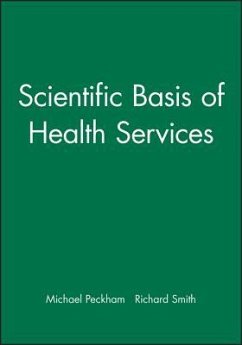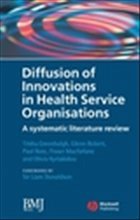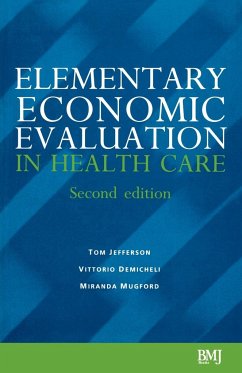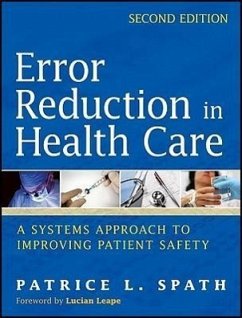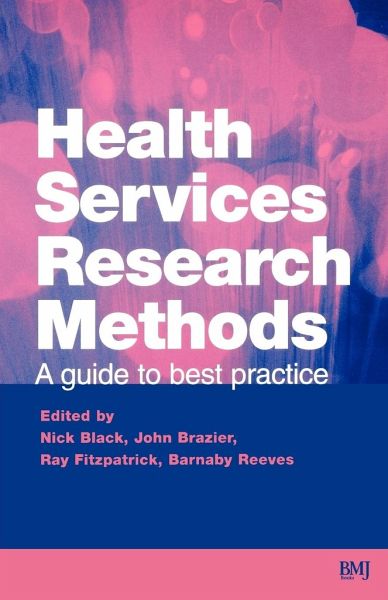
Health Services Research Methods
A Guide to Best Practice
Herausgeber: Black, Nick; Fitzpatrick, Ray; Brazier, John; Reeves, Barnaby
Versandkostenfrei!
Versandfertig in über 4 Wochen
77,99 €
inkl. MwSt.

PAYBACK Punkte
39 °P sammeln!
An up to date account of all that is known about the key methods used in health services research. It describes the uses and limitations of the principal methods based on the findings of the NHS Health Technology Assessment Programme. Each chapter makes suggestions for best practice.



